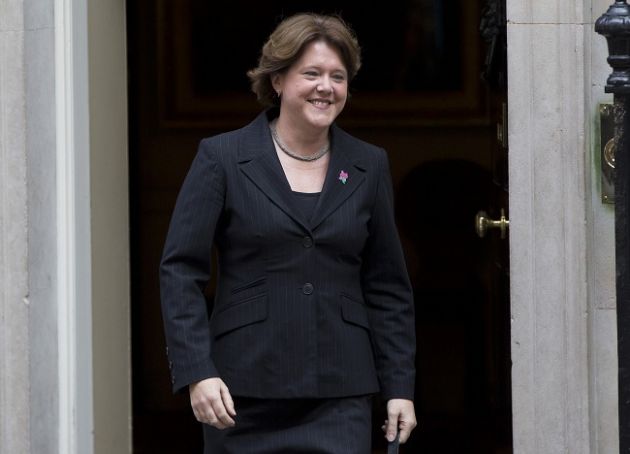Church questions impact of UK same-sex marriage bill

Church of England Bishop Tim Stevens of Leicester has said the church would continue to question the impact of same-sex marriage on the wider society, procreation and the upbringing of children as the UK government moved forward to publish legislation to allow same-sex marriages to take place in England and Wales.
The government published the the bill on Thursday. Same-sex couples in the country have been able to enter into civil partnerships since 2005, affording them many of the same rights given to heteroxexual marriages.
The new law would enable same-sex couples to marry in both civil and religious services, provided the religious institution consents. While the Church of England and Roman Catholic Church have objected to the proposals, other faith groups including Quakers, Unitarians and Liberal Judaism support a change.
The church holds that marriage is a union between one man and one woman, an institution that predates the church and state and which has bound societies together over time.
The Rev. Stevens said a central test of the bill for the Church of England, other denominations and faiths was whether it will preserve and guarantee religious practice and religious conscience.
As the established church in the nation, the Church of England must carry out marriages by law. The proposed changes to marriage to include same-sex couples, would not force the church to conduct such ceremonies, UK officials have said.
"We recognize that the Government has sought hard to do so in the drafting, but as the legislative process continues we shall wish to press serious questions about the implications for wider society, for the significance of procreation and upbringing of children as part of the purpose of marriage, the effect on teaching in schools, and the work of chaplains and others with religious convictions who are involved in public service delivery," Bishop Stevens said.
He also reiterated previous concerns about the speed of introducing the bill, saying it was not a platform on any major party manifesto, the Coalition Agreement or the last Queen's speech.
"The lack of clear mandate and the absence of an overwhelming public consensus for change ought at least to give pause for thought," he said.
Bishop Stevens said, however, he was thankful that Culture secretary Maria Miller and her officials had consulted with the church in a "constructive way" on the issue of effective legal safeguards. He acknowledged progress and commitment of the government in ensuring churches concerns are properly accommodated in draft legislation.
"As we have repeatedly made clear to officials, we regret that more time has not been made available before publication of the Bill to give every detail the attention it deserves. We will wish to comment further when we have had the opportunity to examine the provisions in the Bill more closely," he added.
Bishop Stevens said civil partnerships currently enable same sex couples to mark and celebrate their commitment to each other.
He also recognized there exists a range of opinions on the matter within the church.
"I do not however believe that holding to a traditional understanding of marriage is, or should be, regarded as a discriminatory position," he said.
The church submitted concerns about legislation in June of last year in a submission to the Government consultation.
